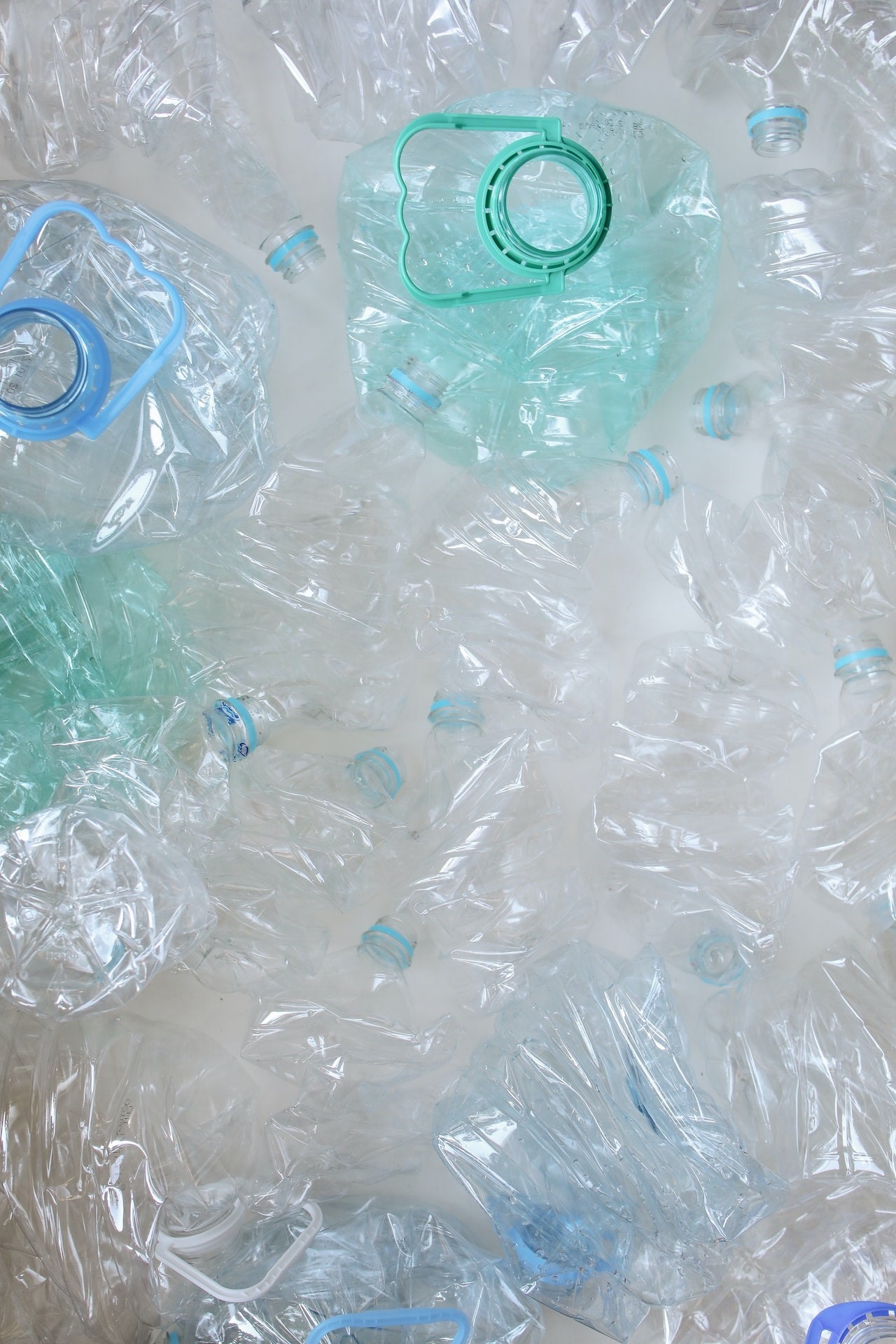
Should plastic taxes be introduced in the United States? Discussions about this dilemma have been going on for a while. Even Coca-Cola and Pepsico – both responsible for a major part of the US plastic consumption – plead for introducing plastic tax on non-recycled plastic. That would be an important step to stimulate the recycling of plastic and – by doing so – to reduce the worldwide plastic soup.
Why would plastic tax be a good idea?
The introduction of plastic tax might be an effective way to counter the global shortage of recycled plastic, with which, besides Coca-Cola and Pepsico, many multinationals are struggling at the moment. Due to the scarcity, recycled plastic is often a lot more expensive than non-recycled plastic, which makes choosing for recycled plastic less attractive for many companies. As a result, some companies are even unable to achieve their goals with regard to plastic reduction. It is probably also due to the scarcity and price difference that, at present, only 10% of all plastic is recycled in the US.
By introducing plastic tax for non-recycled plastic, non-recycled plastic becomes a more expensive and therefore less attractive option for companies. Ideally this would mean that companies will use a larger amount of recycled plastic in their packaging and products.
Measures against the plastic soup in the US
For that reason, American companies such as Coca-Cola and Pepsico are arguing for the introduction of plastic tax. These companies together make up the Consumer Brands Association, which released the report Achieving America’s Recycling Future back in April 2020. In this report, the plastic recycling goals of both Coca-Cola and Pepsico can be found. Coca-Cola aims to have 50% of all its packaging material recycled by 2030. Pepsico aims for 25% by 2025.
Plastic tax in Europe
Similar to the situation in the US, the European recycling sector also struggles with the scarcity of recycled plastic. For that reason, the Dutch State Secretary for Transport, Public Works and Water Management, Stientje van Veldhoven, recently received a fire letter asking her to take measures. In response to this letter, she indicated supporting the Circular Economy Action Plan, which – among other measures regarding the circular economy – includes a requirement for a mandatory percentage of recycled material in products such as packaging. It is unknown how and when this requirement might be introduced. Besides, the State Secretary has not made any statements about the introduction of plastic tax in Europe.
The goals of Circular Plastics Alliance
As a Circular Plastics Alliance, we pursue important goals to encourage the reuse of plastic. Together with our partners, we strive for the development of plastic products that are 100% recyclable and reusable. Besides, we prevent unnecessary plastic use and we invent new, innovative concepts to reduce the use of singular-use plastic.
Would you like to know how we can help your company reduce its plastic consumption? Read more about what we can do for your company. Or contact us for more information.